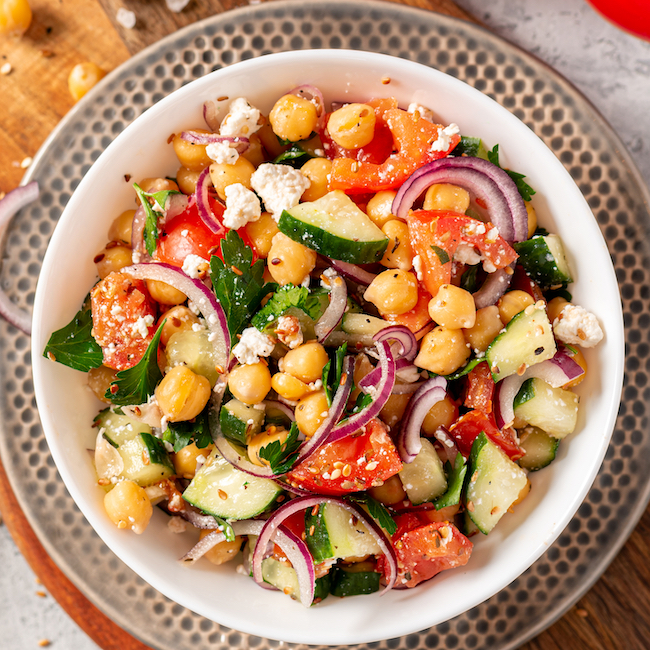This is an archived article and the information in the story may be outdated. Please check the time stamp on the story to see when it was updated last.
The winter season can be a very hard time emotionally, mentally, and physically. The colder weather not only makes it harder to get outside, but the earlier sunset means that you get less sunlight too. Being trapped indoors most of the time can take its toll—for many, it can even manifest into Seasonal Affective Disorder (SAD). SAD is a type of depression that is triggered by weather change and seasons, particularly when the weather gets colder. While some people can have SAD in the spring and summer months, it is most commonly experienced in the fall and winter. Symptoms can range from low energy, feelings of hopelessness, low moods, and difficulty concentrating, among other things.


It is important to take care of yourself during this time of year, and that starts with the food you eat. While self care looks different for everyone, there are some foods that have mood boosting properties that may help you get through the colder months when your mental health may be suffering. We asked Lisa Young, PhD, RDN, the author of Finally Full, Finally Slim, what she recommends adding to your diet to improve your mood. She shared four of her favorites, and some recommendations for how to prepare them.
Salmon
“Salmon is high in the healthy fats, omega 3 fatty acids, which may help improve your mood. They are important in brain development and behavior, and also contain anti-inflammatory qualities,” Young says. She recommends drizzling a salmon filet with sesame oil and your favorite spices, and broiling it in the oven.
Mushrooms
“Mushrooms, in particular Shiitake mushrooms, contain Vitamin D that is good for your mood and also helps to promote immune health,” she says, “These taste delicious sautéed in olive oil and served over salad greens.”

Lentils
“Lentils, along with beans like chickpeas, contain the vitamins folate and vitamin B6, which have been shown to improve mood. They keep your dopamine levels stable. Folate, a B Vitamin, is involved in regulating mood.” Young recommends making a chickpea salad drizzled with olive oil, salt, and pepper, tossed with red peppers and avocado.
Eggs
“Eggs contain many health benefits, including their high Vitamin D content which may help to improve your mood. They are also high in protein which can help to stabilize blood sugar levels which keep mood steady,” Young says, “I love a veggie omelet with spinach and tomatoes for a boost of antioxidant Vitamins A and C. And I add turmeric and black pepper for an anti-inflammatory boost.”
Eating nutritious foods is one way you can support your wellbeing. Knowing what foods will help you feel your best is an important step to taking charge of your health. As stated previously, self care will look different for everyone, so it’s important to find balance in your life. Try adding these foods to your diet this winter to get through the winter months and nourish your body when it needs it the most.


























